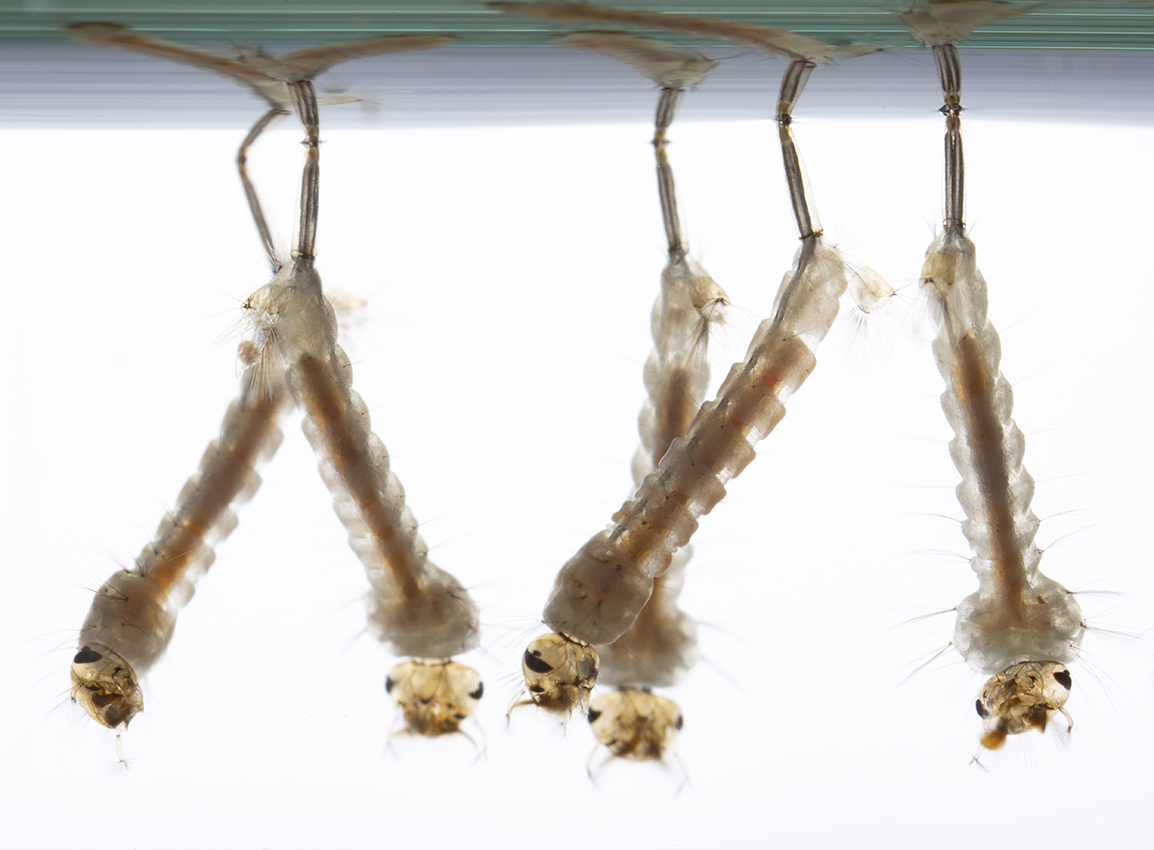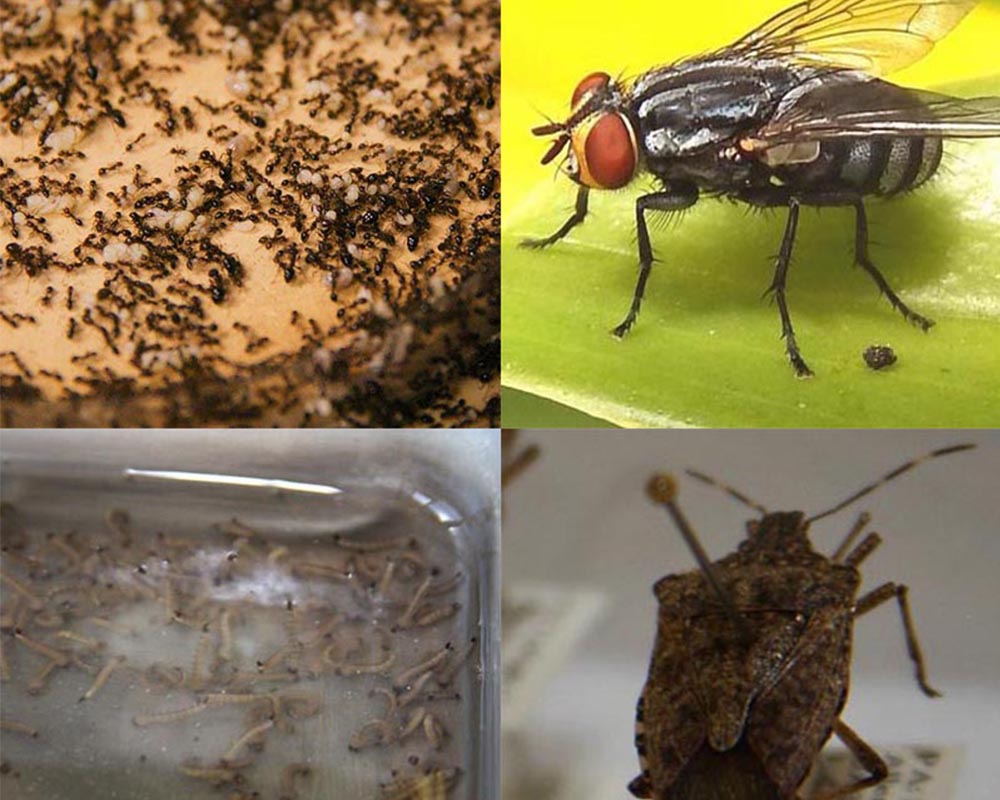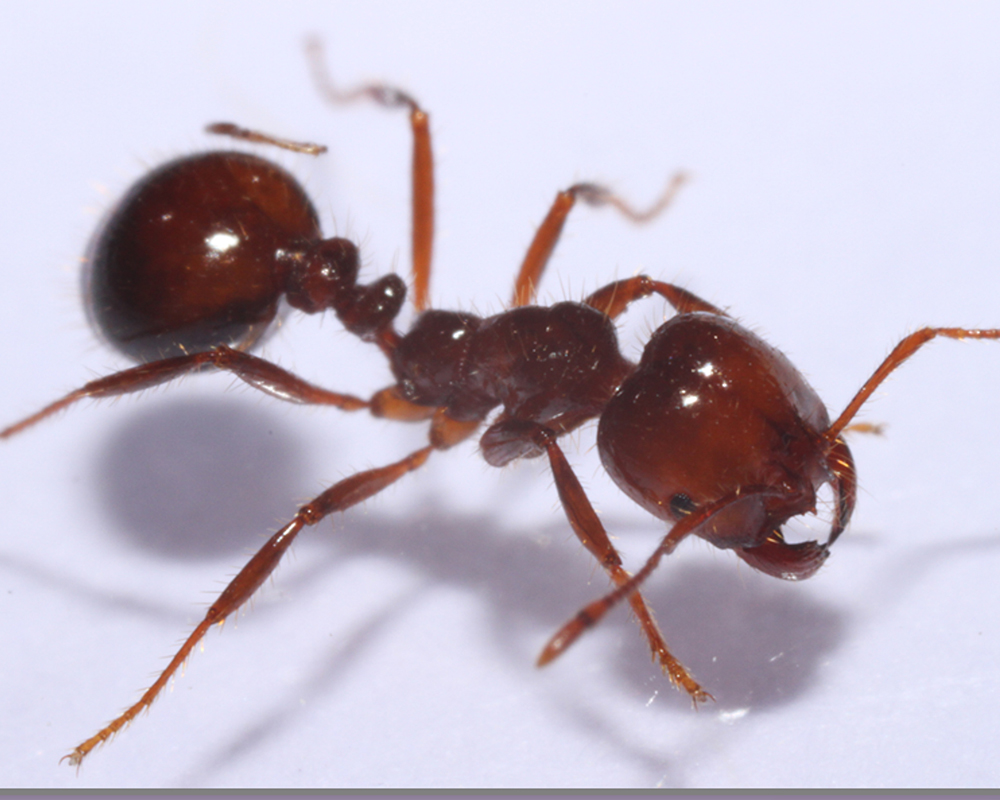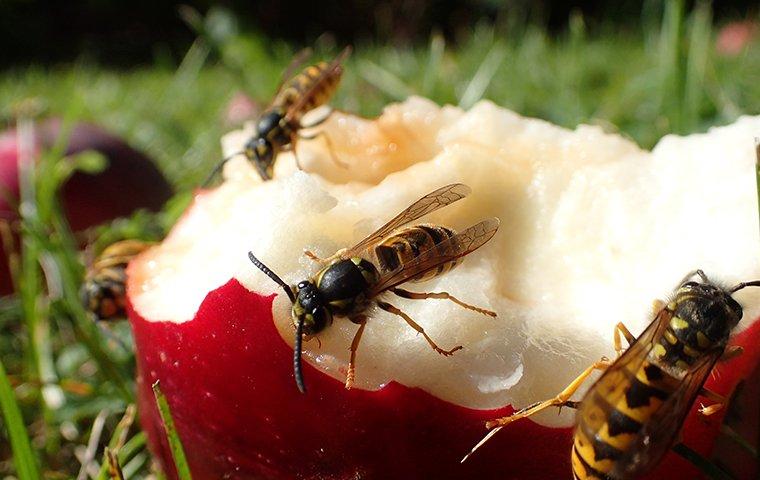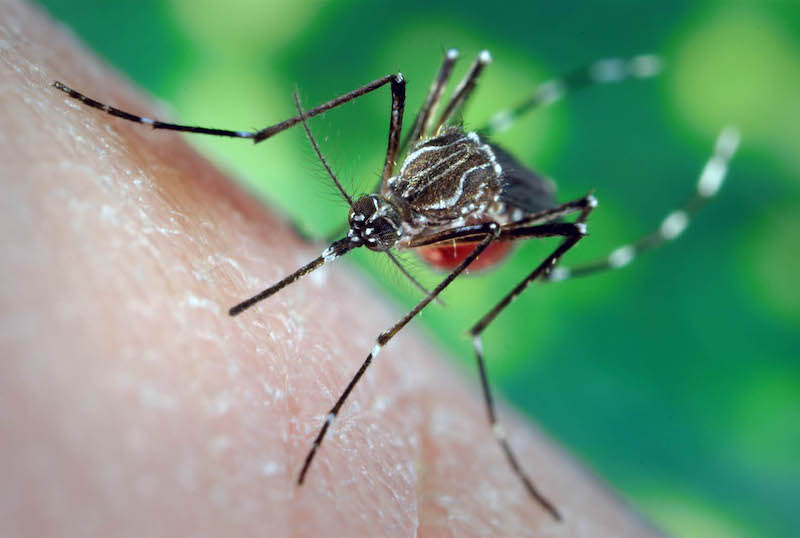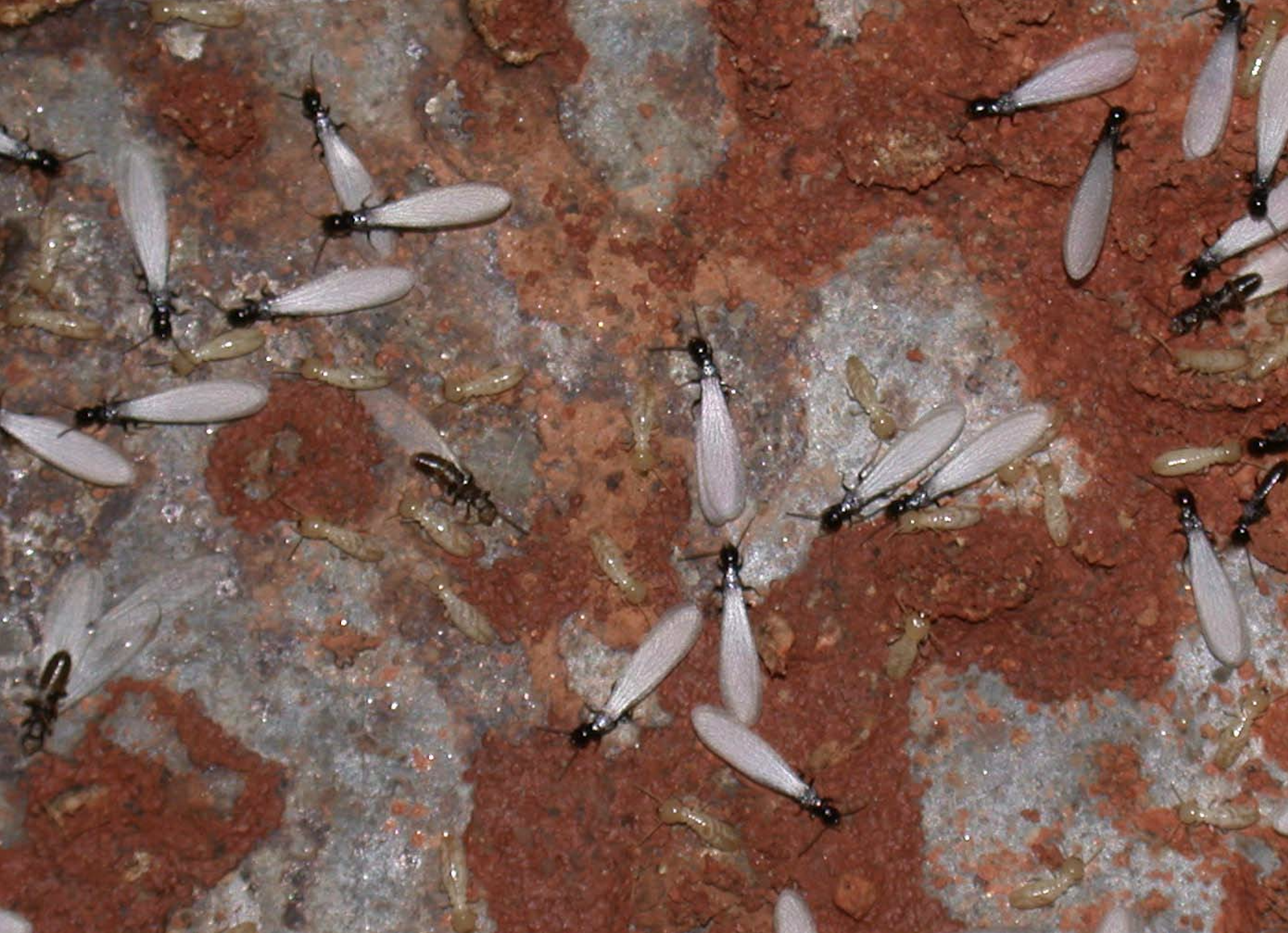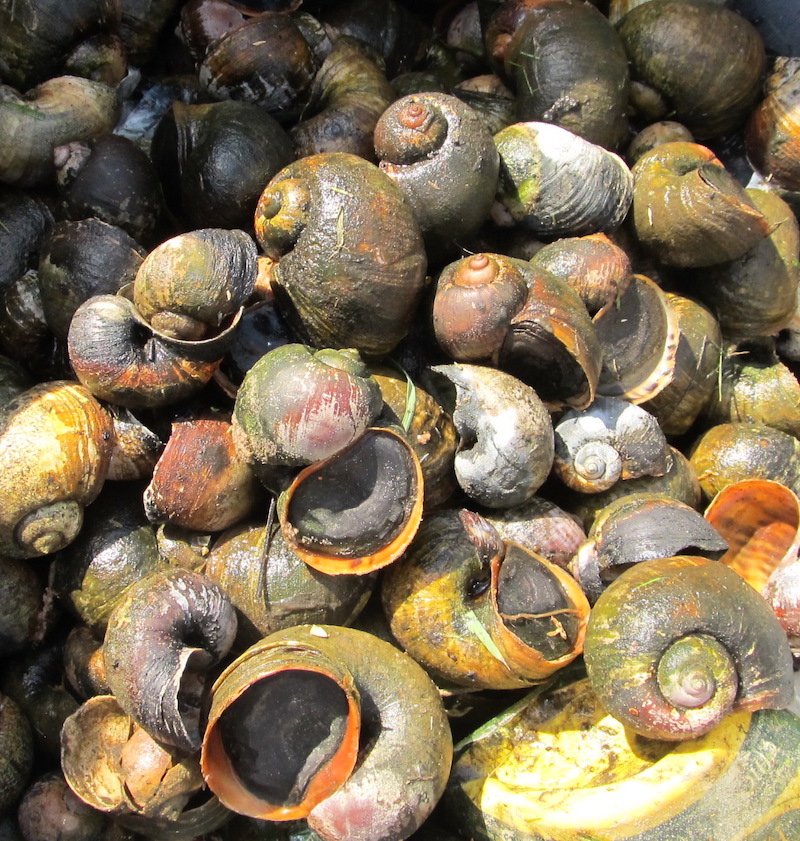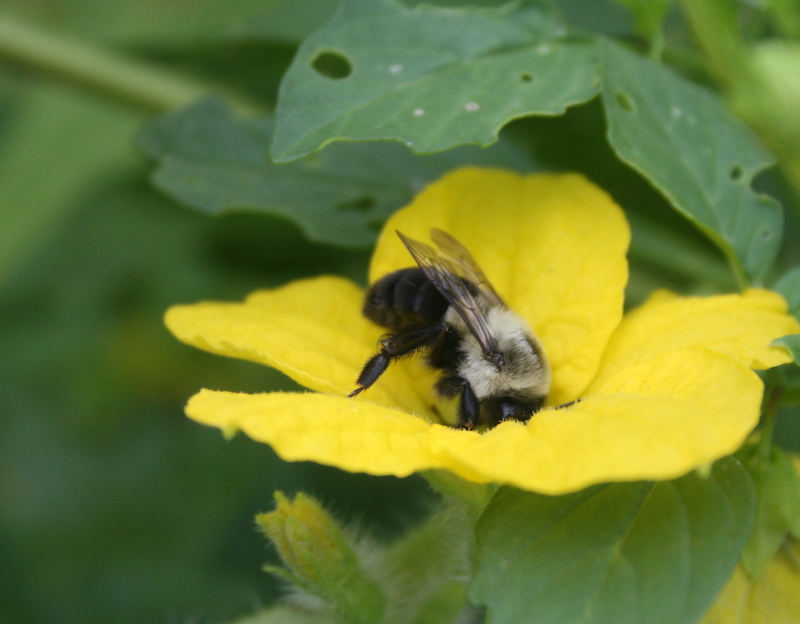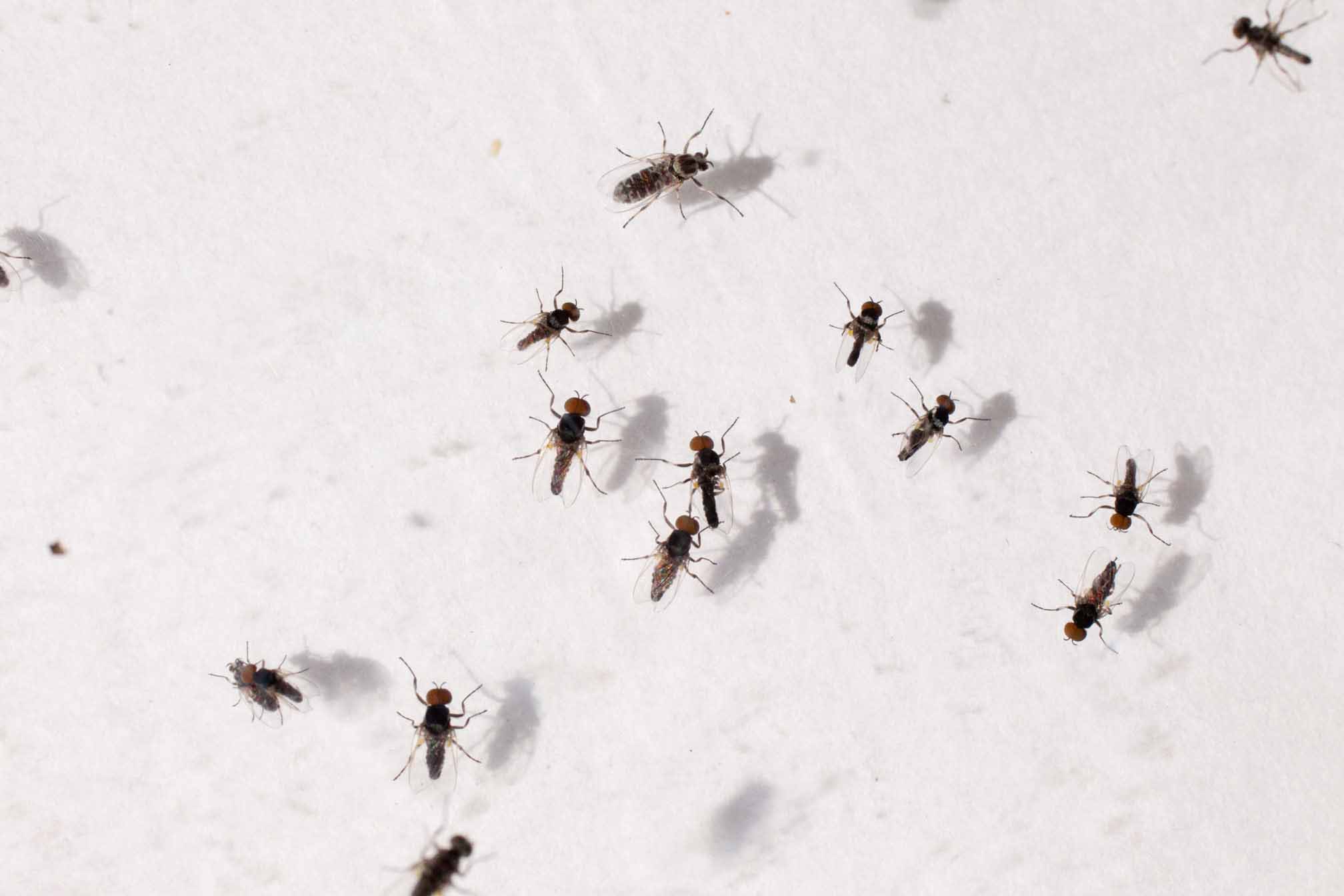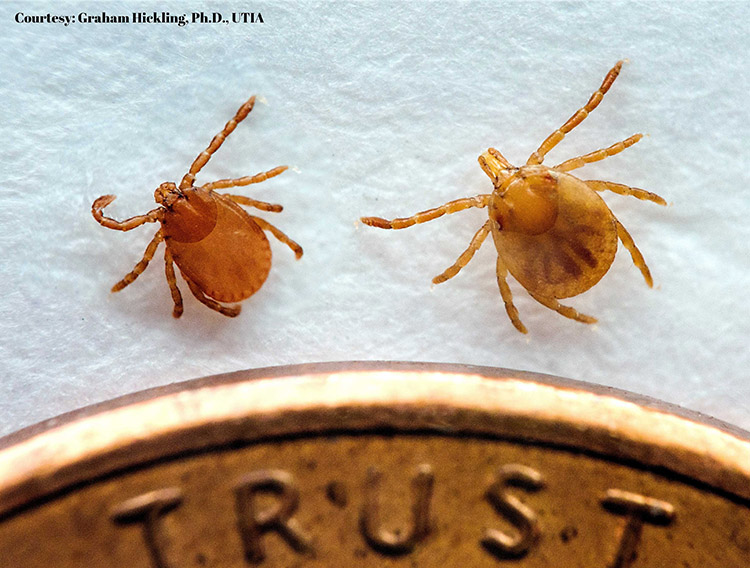 CAES News
CAES News
Asian Longhorned Tick
As of Sept. 21, an invasive and dangerous pest, the Asian longhorned tick, has been confirmed in north Georgia. Experts are warning livestock producers and the public to be on the lookout, as the ticks can kill an animal by attaching to a host by the hundreds.

